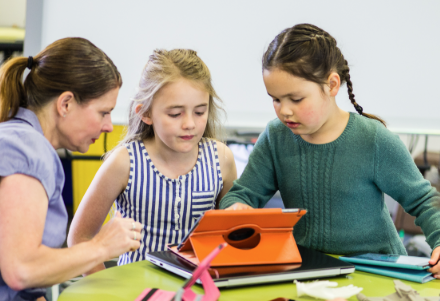In today’s fast-paced and competitive world, students are often tempted to measure their progress against others. However, learning how to succeed without comparison is an essential skill for building confidence, self-worth, and long-term motivation. When students focus on personal growth rather than external benchmarks, they create a healthier and more fulfilling academic journey.
The first step to succeeding without comparison is setting individual goals. Instead of trying to match someone else’s achievements, students should reflect on their own interests, strengths, and areas for improvement. Setting realistic and meaningful goals encourages ownership of learning and fosters a sense of purpose. This mindset shifts the focus from competition to self-development. Students who pursue personal goals often experience greater satisfaction and engagement with their learning.
Recognizing progress is just as important as achieving results. Students who take time to acknowledge small wins—like mastering a challenging topic, improving study habits, or asking more questions in class—develop greater resilience and motivation. Keeping a journal or portfolio to track accomplishments helps reinforce the value of personal growth and effort over comparison. It also allows students to see how far they’ve come over time, which can boost confidence and reduce self-doubt.
Practicing gratitude and self-compassion also plays a crucial role. Instead of feeling discouraged by others’ successes, students can learn to celebrate their own journey. By focusing on what they have learned and how far they have come, they build a strong internal foundation for confidence and determination. Positive affirmations and mindfulness exercises can support this process. Simple daily practices, such as writing down three things they did well or something they are proud of, can cultivate a more positive mindset.
Students should also learn to appreciate the uniqueness of their own learning styles and life experiences. Everyone learns and grows at their own pace. By understanding their strengths—whether in creativity, problem-solving, leadership, or perseverance—students can find success in ways that are authentic and fulfilling. Schools can support this approach by offering diverse pathways for achievement and encouraging exploration of different talents and interests.
Educators and families can help by creating supportive environments that emphasize growth and effort. Encouraging students to reflect on their learning, share their unique talents, and set personal challenges nurtures individuality and intrinsic motivation. Feedback should highlight improvement, effort, and curiosity rather than rankings or peer comparisons. When adults model this mindset, students are more likely to adopt it themselves.
It is also helpful for students to limit exposure to social pressures that fuel comparison, such as social media. While these platforms can offer inspiration, they often present unrealistic portrayals of success. Taking breaks from these platforms or curating a more positive digital space can reduce stress and allow students to focus on their own goals and values. Digital wellness programs in schools can further reinforce healthy online habits.
Peer collaboration, rather than competition, can be another powerful tool. Working with classmates on group projects, study groups, or service initiatives allows students to learn from one another in a supportive setting. Emphasizing teamwork over rivalry promotes empathy, shared success, and mutual respect.
Succeeding without comparison also involves developing a growth mindset—the belief that abilities and intelligence can be developed through effort, practice, and learning from mistakes. When students view challenges as opportunities rather than threats, they become more resilient and adaptable. Classroom activities that celebrate improvement and personal milestones can foster this mindset.
In summary, succeeding without comparison is about understanding that each student’s path is unique. By embracing self-reflection, personal goals, and a growth mindset, students can experience success that is both meaningful and sustainable. Focusing inward rather than outward empowers learners to reach their full potential with confidence and pride. When success is defined by personal progress rather than competition, students are more likely to find joy, purpose, and lasting fulfillment in their educational journey.


